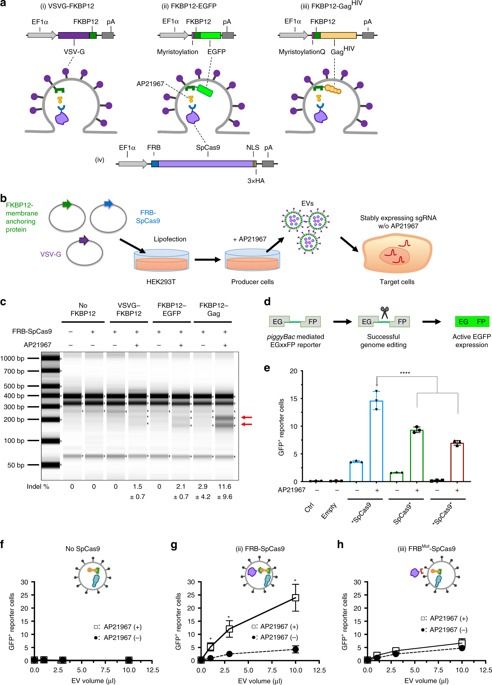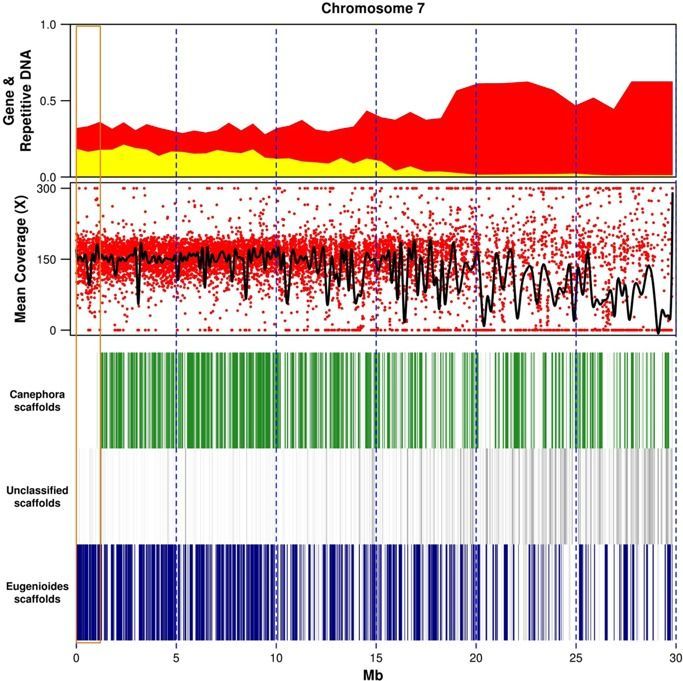
Researchers from the Max Planck Institute for Gravitational Physics (Albert Einstein Institute; AEI) in Hannover together with international colleagues have published their second Open Gravitational-wave Catalog (2-OGC). They used improved search methods to dig deeper into publicly available data from LIGO’s and Virgo’s first and second observation runs. Apart from confirming the ten known binary black hole mergers and one binary neutron star merger, they also identify four promising black hole merger candidates, which were missed by initial LIGO/Virgo analyses. These results demonstrate the value of searches in public LIGO/Virgo data by research groups independent of the LIGO/Virgo collaborations. The research team also makes available its complete catalogue in addition to detailed analysis of more than a dozen possible binary black hole mergers.
“We incorporate cutting edge methods,” says Alexander Nitz, a staff scientist at the Max Planck Institute for Gravitational Physics (Albert Einstein Institute) in Hannover, who led the international research team. “Our improvements enable discovering fainter binary black hole mergers: the four additional signals show that this works!”
The results were published in The Astrophysical Journal today.



















